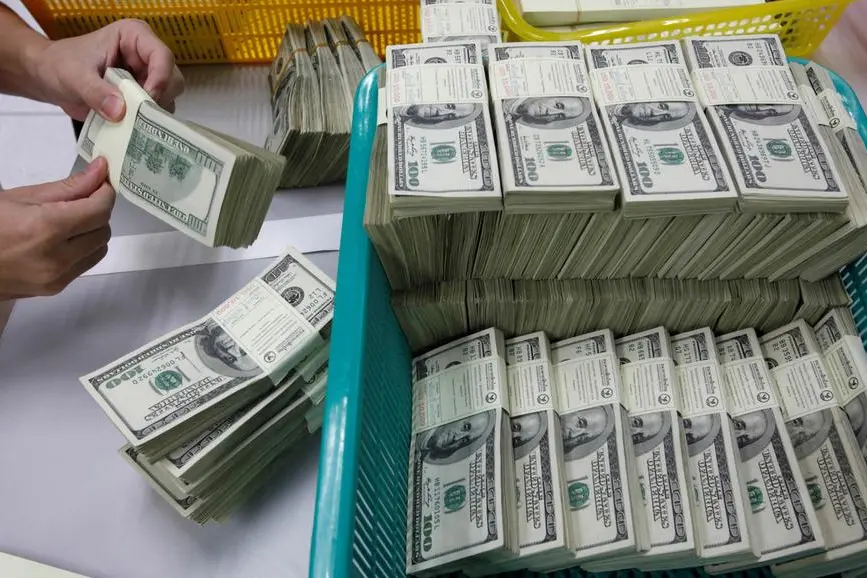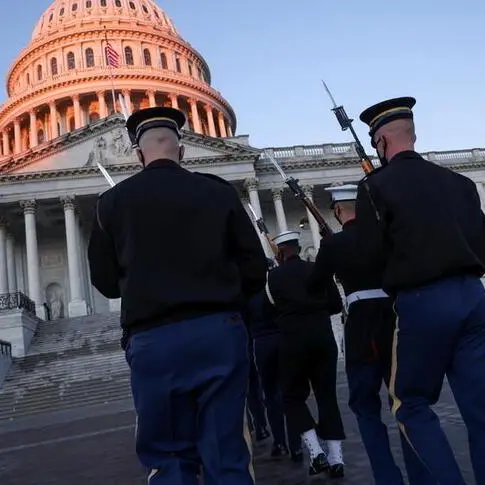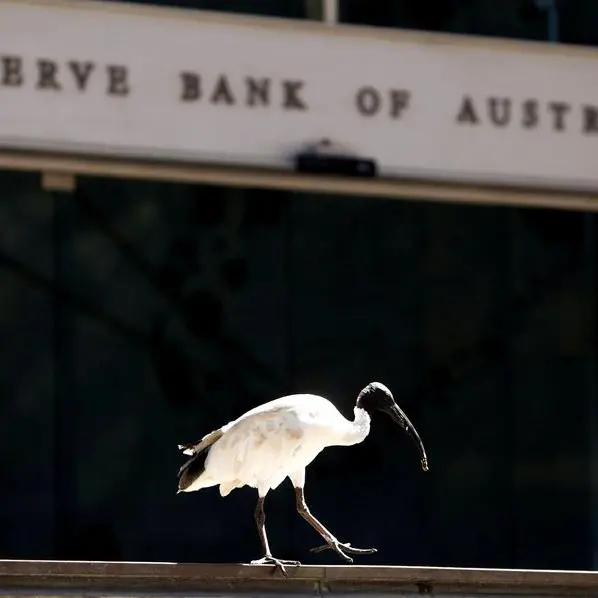PHOTO
LONDON - There's something more than U.S. tariffs and recession risks gnawing at financial markets. There's the growing sense that the chaotic policy disruption in Washington is eroding the world's trust in U.S. institutions and its assets.
Broken political alliances and economic wars with major trade partners are having many effects - not least heightened business uncertainty over what will happen next - but one of the most notable is the brewing investor concern that America could lose a chunk of its "exorbitant privilege".
This term, first coined in the 1960s by then French finance minister Valéry Giscard d'Estaing, essentially refers to the benefits the U.S. gains from the outsize demand the world has for U.S. assets as a safe haven. The privilege hinges variously on the extensive use of the dollar internationally, the U.S. rule of law and institutional rigor as well as the projection of its soft power.
The list is much longer than that, but you get the picture. The sheer size, depth and transparency of U.S. markets, in combination with the reliability and openness of its governance, have - for decades - given the U.S. a disproportionate slice of world capital and the cheaper financing that goes with that.
Could Donald Trump's avowedly disruptive administration call all that into question and whittle this advantage away?
Financing metrics, such as long-term U.S. borrowing costs, don't yet suggest that a major fracture is afoot.
But U.S. equity prices have started to correct over the past month, even as the dollar has weakened - an ominous combination.
Ultimately, though, the very fact that trust - or the lack thereof - is part of the U.S. conversation at all is the most remarkable thing.
On Wednesday, JPMorgan's chief global economist Bruce Kasman spoke openly about the challenges during a roadshow in Singapore. He opined about how the U.S. secured its "exorbitant privilege", citing many of the reasons noted above and including things like the "integrity of information flow".
The administration's cutbacks to government agencies and moves to disband the advisory committees assisting with data collection are also potentially jarring, he said.
"All of those things are part of the uncertainties that have moved into U.S. policy, and that (form) part of the risk in the outlook this year I don't think has been appreciated."
'EXORBITANT BURDEN'?
Referring to exorbitant privilege, Kasman added: "The risk that stuff starts to come under pressure and becomes a structural issue in the markets is not something I would, by any means, underplay."
This is likely what investors and strategists both within the United States and around the world have been thinking for weeks - even if relatively few have verbalized it.
And Kasman is not alone in saying something.
Writing about speculation surrounding the prospect of a "Mar-a-Lago Accord" to correct U.S. deficits and global imbalances, former Reserve Bank of India governor Raghuram Rajan questioned the diagnosis of Trump adviser Stephen Miran and said it was dangerous for America to play around with its exorbitant privilege.
Rajan expressed doubt that reforming U.S. macroeconomic policy would somehow deter overseas savers from the U.S., thereby weakening an overvalued dollar or helping to cut U.S. deficits.
"It is not clear where the Trump administration's current path of 'shock and awe' is supposed to lead," the former International Monetary Fund chief economist wrote in Project Syndicate this week.
"The claim that the dollar's attractiveness is an exorbitant burden rather than an exorbitant privilege is unpersuasive, especially when those making such arguments are so reluctant to give up the burden," he said, referring to the administration's regular support for the dollar's global status while promoting policies that undermine it.
"Markets are unnerved by the punishment that the administration, convinced that the U.S. is a victim, is willing to inflict on close allies," he concluded. "If such behavior reduces the attractiveness of the dollar, perhaps it really will become an exorbitant burden. But that is not a future that any American should want."
It's good to remember that foreign holdings of U.S. financial assets nearly doubled over the past decade to some $60 trillion before the recent market ructions. Given the scale of this cross-border money, if faith in the U.S. truly is shaken, the outcome could make the year's market shakeout to date seem very small indeed.
The opinions expressed here are those of the author, a columnist for Reuters
(By Mike Dolan; Editing by Lisa Shumaker)
Reuters





















